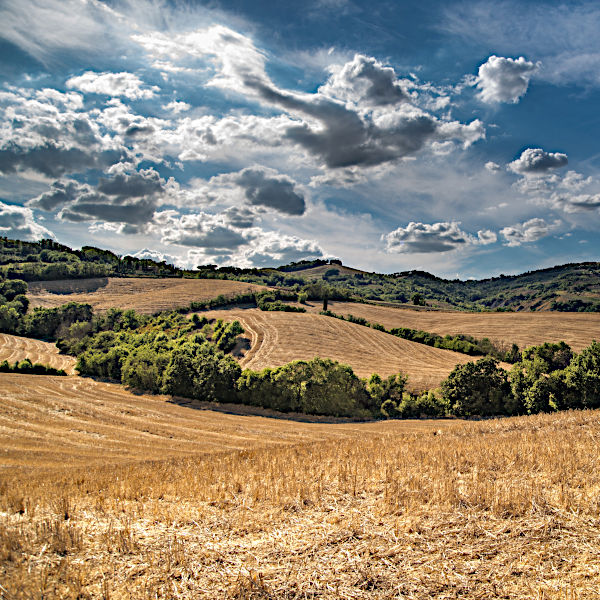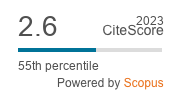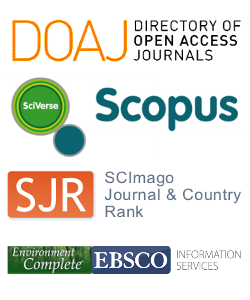We log anonymous usage statistics. Please read the privacy information for details.
Land, Landscape and Land Utilization in Climate Protection
Living Special Issue opened: 2019 - ongoing

Guest Editors / Edited by:
Hubert Wiggering, University of Potsdam, Germany, Website
Katharina Diehl, University of Potsdam, Germany, Website
Tarek Kemper, University of Potsdam, Germany, Website
Claudia Pohl, University of Potsdam, Germany, Website
Werner Rolf, Technical University of Munich, Germany, Website
We invite contributions to a special issue on the role of land, landscape and land utilization in climate protection. Land users find themselves in a difficult situation with regard to climate protection and the possible consequences of climate change: they are affected by such change, yet they are also active stakeholders in the development of production schemes that have a direct impact on climate-relevant processes. One example of this is agricultural production (see www.unter-2-grad.de), which contributes significantly to man-made climate change by emitting carbon dioxide, among other greenhouse gas emissions, but especially nitrous oxide and methane. The German government’s Climate Action Plan 2050 aims to reduce annual emissions from agriculture by 11 to 14 million tonnes of CO2 equivalents by 2030 compared with 2014. The main starting points are the reduction of the agricultural use of moorland areas, the reduction of emissions from animal husbandry and drastic changes in fertilizer management, in particular nitrogen management. These examples alone show that climate protection solutions have to be approached at the level of individual adjustments, and ultimately at the level of the landscape. The focus is on reducing greenhouse gas emissions caused by land use as well as adapting to climate change. Research is therefore needed to develop possible solutions and make them available to land users and policymakers. This Special Issue aims to reduce the often large gap between science and practicing land users, or at least to build a bridge over it. We invite articles on:
- The development of methods for a policy-oriented synthesis of research on landscape in climate protection
- Formats for decision-making and policy development
- Methods for avoiding or solving conflicting aims between climate protection and land use
- Multi-stakeholder approaches with regard to participation and transformation
- Case studies on measures and solutions at various scales
- Tested site-specific, economically viable and effective concepts
- Specific or typical barriers in the implementation of measures and solutions to overcome these barriers
- Customization options
- Increasing the change management competence among land users
- Effectiveness of ecosystem-based adaptation measures to climate change
- Analysis of policy and institutional frameworks
- Strategies for supporting and promoting innovation in landscape research
- Lessons learned from case studies and experiments
Of particular interest are review and synthesis articles, empirical and experimental research, as well as studies on concrete case studies, methods and transfer formats.
If authors want their manuscript considered for this special issues please mention during the submission process in the cover letter using the text field Comments for the Editor.






